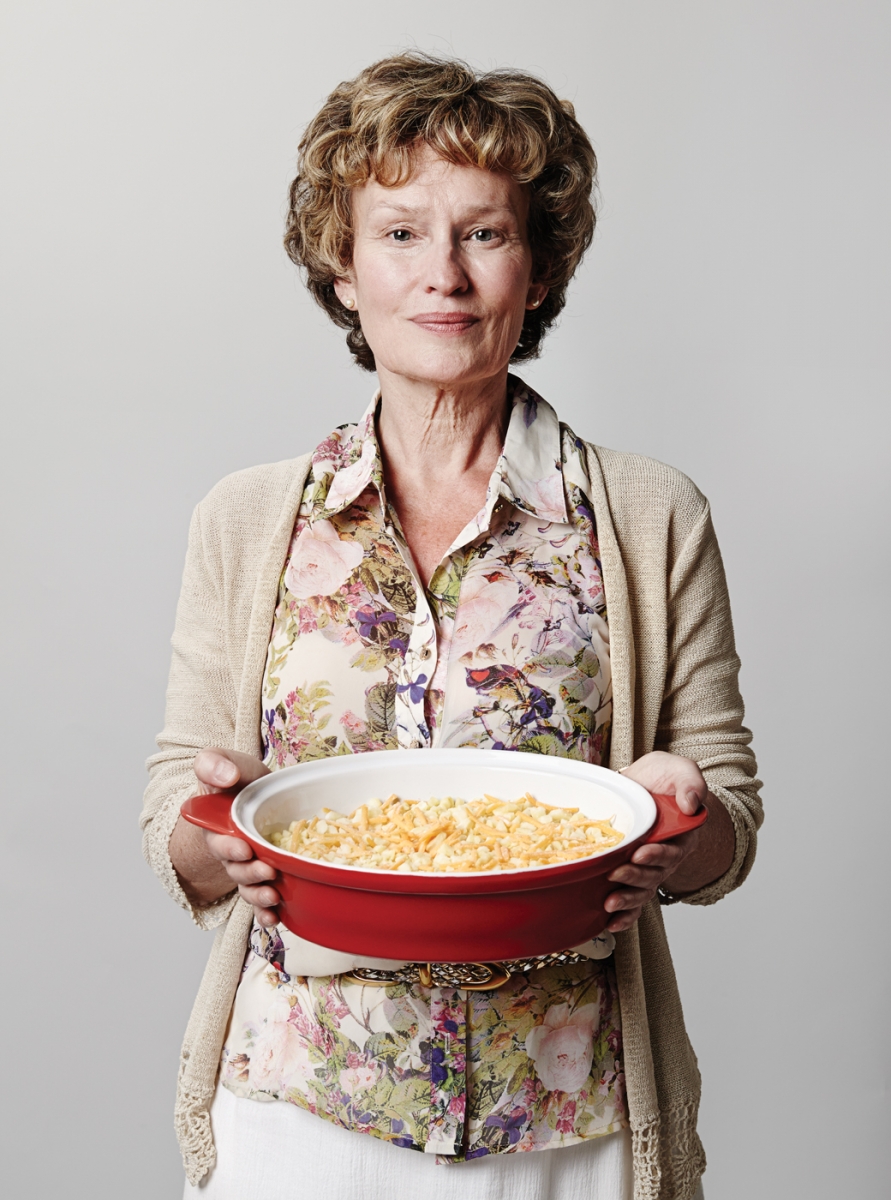Local playwright Beth Graham and her husband were in a hospital room. They feared that Graham’s father-in-law was suffering from dementia. They would soon find out that the symptoms were caused by medication.
Still, being in that room, being confronted with a family member in what looked to be a dire medical situation, gave Graham plenty to think about.
And, at the Citadel Playwright Forum – under the tutelage of Brian Dooley and Governor-General award-winning playwright Colleen Murphy – Graham assembled a story about a family who must confront the fact that a loved one has a terminal condition. Should that loved one be allowed to choose her own fate?
The emotional pushes and pulls that result from the debate over a person’s right to die are all present in The Gravitational Pull of Bernice Trimble, which debuted at Toronto’s Factory Theatre last year. In a review, the National Post’s Robert Cushman wrote: “This is, for obvious reasons, an upsetting play; it’s also a riveting one.”
The play will make its hometown debut at the Roxy Theatre, running November 4 to 23.
For Theatre Network Artistic Director Bradley Moss, what makes the play so engaging isn’t the debate over medically assisted suicide. It’s about what happens within the family when the character of the mother, Bernice, lets her kids know that she’s suffering from Alzheimer’s – and that she’s afraid of fading away.
“The challenge of the play is not about the issue; it’s about the intense relationships in the family,” says Moss. “I don’t pick a play because of an issue. I pick it because it’s a great play. But, if after the performance, the people in the audience think about spending more time with grandma, or mom, or dad, because they know time is short, then we have done our job.”
Graham says that she sympathizes with both sides of the assisted-suicide debate. After all, it’s easy to say that we should be able to pull the plug when it’s someone else’s mother or father or brother or sister in intensive care. But when it’s your loved one, the doubt begins to creep in. And that debate is reflected through Bernice’s children, in a way that isn’t heavy-handed.
